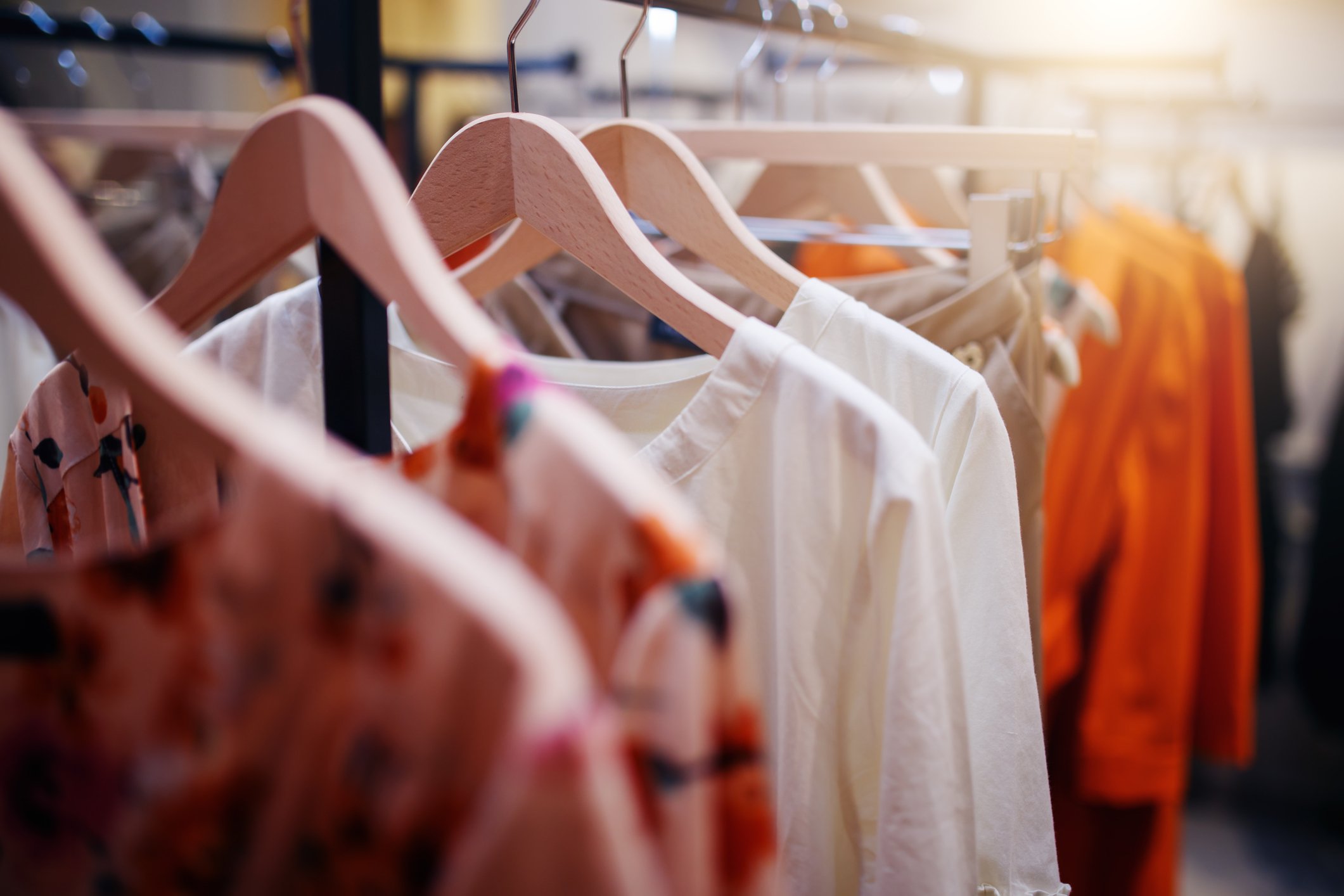Fashion icon Burberry (BURBY 0.74%) announced a deal on National Consignment Day in October with The RealReal (REAL +3.83%) as resale demand for the English luxury brand at the online purveyor of used apparel rose 64% year-on-year.
It was the latest sign that the circular economy in apparel is for real as Millennial and Gen Z consumers opt for sustainability in clothing as in many other life choices. The aim of a circular economy is the elimination of waste and continual use of resources. It is the trend that has powered RealReal first into unicorn status and then into an initial public offering with a stock that has stabilized around its IPO price of $20 after a short spate of flipping.

IMAGE SOURCE: GETTY IMAGES
The company, founded in 2011 by Julie Wainwright over a kitchen table, specializes in used luxury goods. The RealReal is still in its start-up phase, investing heavily in fulfillment centers, but it has a proven business model that is scalable. There are skeptics -- short interest is high -- but the key is younger generations' commitment to sustainability and the sharing economy.
Dirty clothes
Apparel is a good target for a circular economy because it is one of the biggest polluters on the planet. Three-fifths of all clothing is trashed within its first year and 8% of global greenhouse gas emissions come from the apparel and footwear industries.
Burberry, which has been an early adopter in environmental practices, is clearly making a virtue out of necessity. Customers who consign a Burberry product to RealReal are eligible for a personal shopping experience and British High Tea at one of the 18 Burberry stores in the U.S. The Burberry deal is a pilot for developing brand value in cooperation, making sure that the circular economy is a virtual circle leading to a lifetime loyalty to the brand.
The RealReal puts the emphasis on real because it guarantees 100% authentication. The San Francisco company employs brand specialists, gemologists, and watchmakers to certify that consigned goods are the genuine article. Founder Wainwright considers this the key to the success of the business and its disruptive impact on the apparel business. It is a way of riding the $300 billion annual sales in the primary luxury market.
The luxury of setting your profit margin
Sales of secondhand clothing are expected to grow from $24 billion to $51 billion by 2023, according to ThredUp, an unlisted company that doesn't restrict its consignment to luxury goods and claims to be the largest used clothing platform.
A major factor in sustaining RealReal's stock price is that its "take" on consigned goods is relatively high at 37% on average, ranging from 15% to 60%. This compares with less than 10% for eBay. The shorts are betting that this percentage won't hold.
The beauty of the business model is that RealReal has no cost of goods sold. It owes nothing to consignors until the item is sold and can set its own profit margin. A key variable is the gross merchandise volume, which rose 40% year-over-year in the second quarter to $228.5 million.
Woke consumers make for woke investors
Average order value was flat in the second quarter, which disappointed some investors. But the used clothing market is exposed to promotional discounts at department stores, and this hit women's apparel particularly hard in the quarter. Jewelry, watches, men's wear, and other products were less impacted.
The possibility of a recession might be bearish for the primary apparel market, but bullish for secondhand sales, analysts reckon. Not only will consumers be eager to save money but consignors might be more eager to sell to supplement cash flow.
The circular economy is different than the classical linear economy. Consumption follows different patterns. The RealReal embodies the reduce, reuse, recycle mantra of the circular economy. It is one of the first opportunities outside of renewable energy stocks to give investors a chance to profit from a woke attitude toward consumption.








